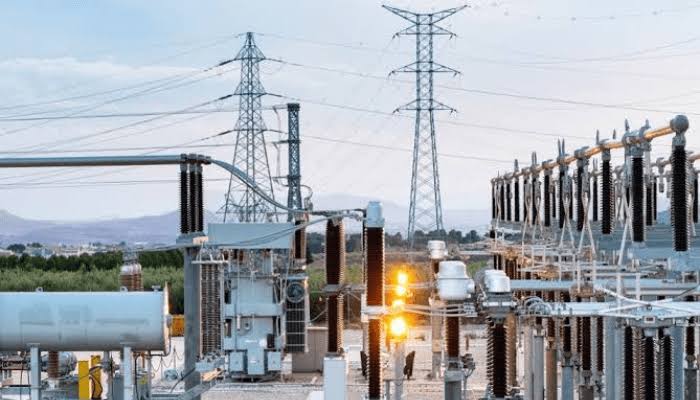The national grid collapse has become an all-too-familiar phenomenon in Nigeria, with the latest incident occurring on Saturday, October 19, 2024, marking the third collapse in just one week and the seventh this year.
The Nigerian Electricity Regulatory Commission (NERC) attributed the collapse to an explosion at the Jebba transmission station, which triggered a cascade of power plants shutting down.
According to NERC, the explosion occurred at 08:15 hours, leading to a significant loss of load and widespread outages. This incident highlights the fragile state of Nigeria’s power infrastructure, which has been plagued by aging equipment, inadequate maintenance, and vandalism.
Fortunately, efforts to restore power have progressed significantly, with 33 states and the Federal Capital Territory having their power restored as of 1 pm on Saturday. NERC has also announced plans to conduct an investigative public hearing to identify the immediate and remote causes of the recurring grid disturbances and widespread outages.
To address the root causes of these collapses, the Federal Government is working to transfer the management of the national grid to an Independent System Operator, as provided for in the Electricity Act 2023. This move aims to bring more discipline to grid management and optimize investment in infrastructure.
The frequent grid collapses have severe economic and social implications for Nigerians, affecting businesses, industries, and households. The economic consequences are immense, with manufacturers spending billions of naira on self-generated electricity and foreign investors being deterred from entering the market.


